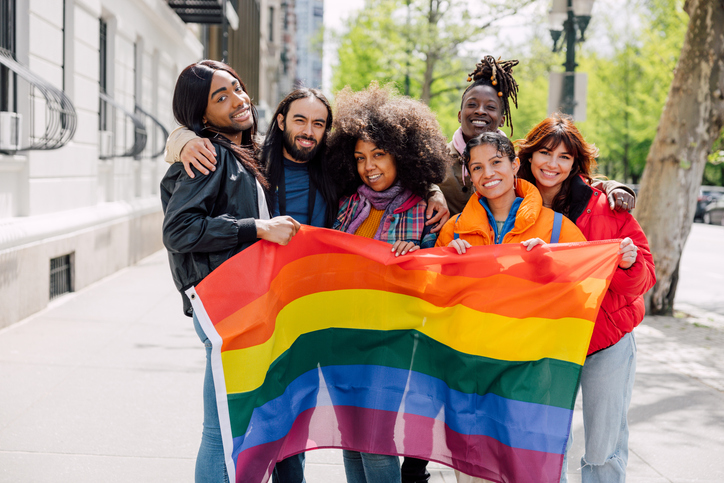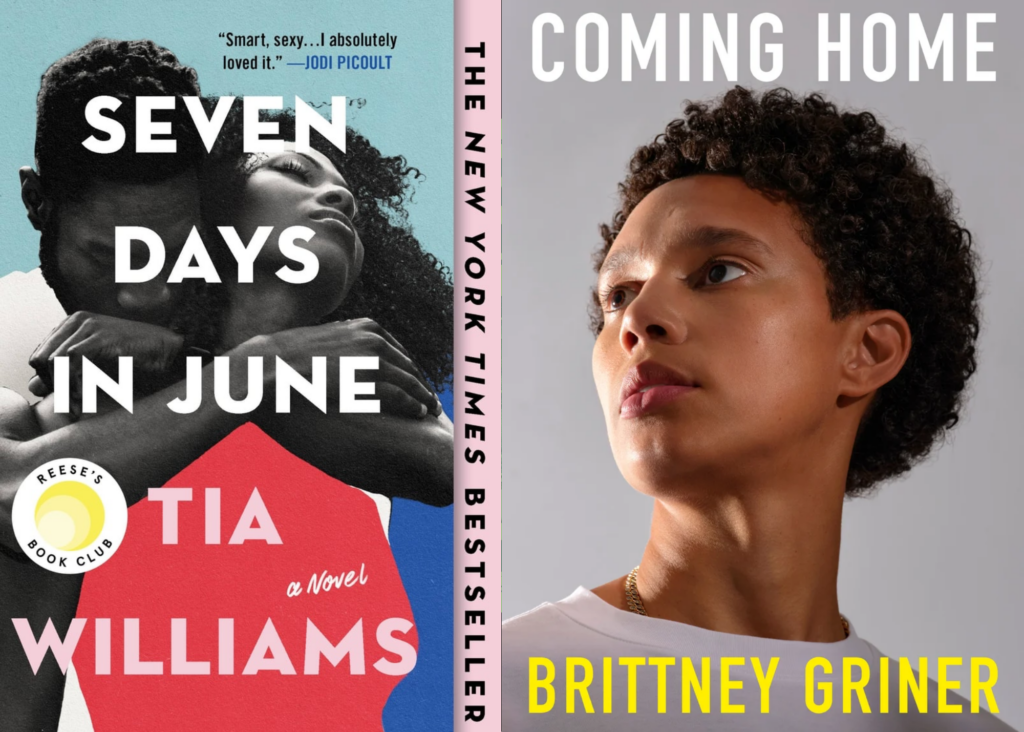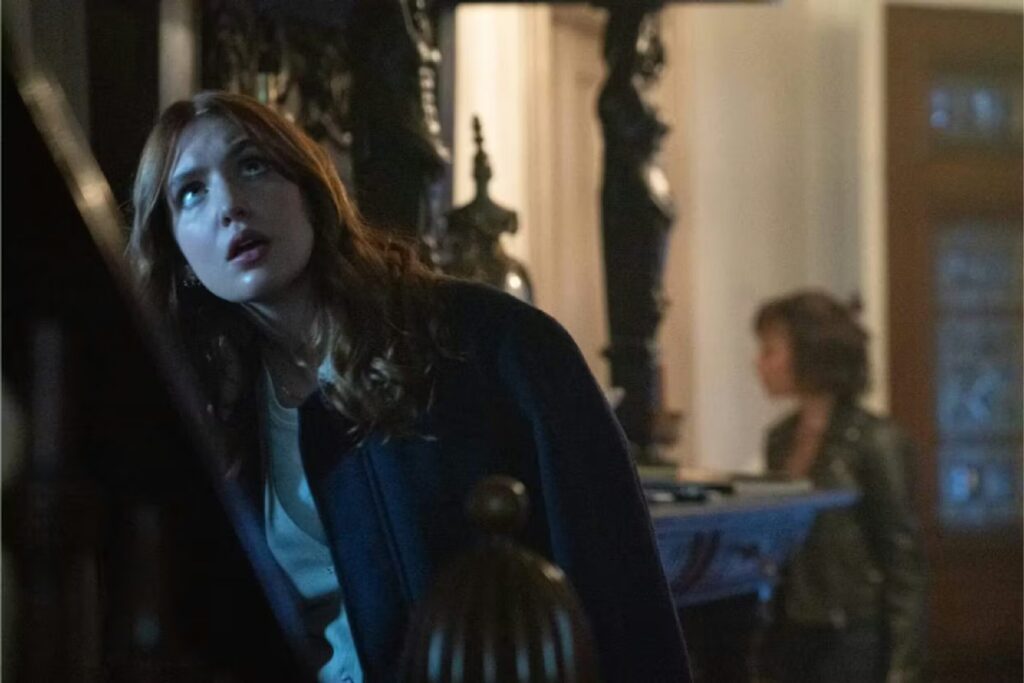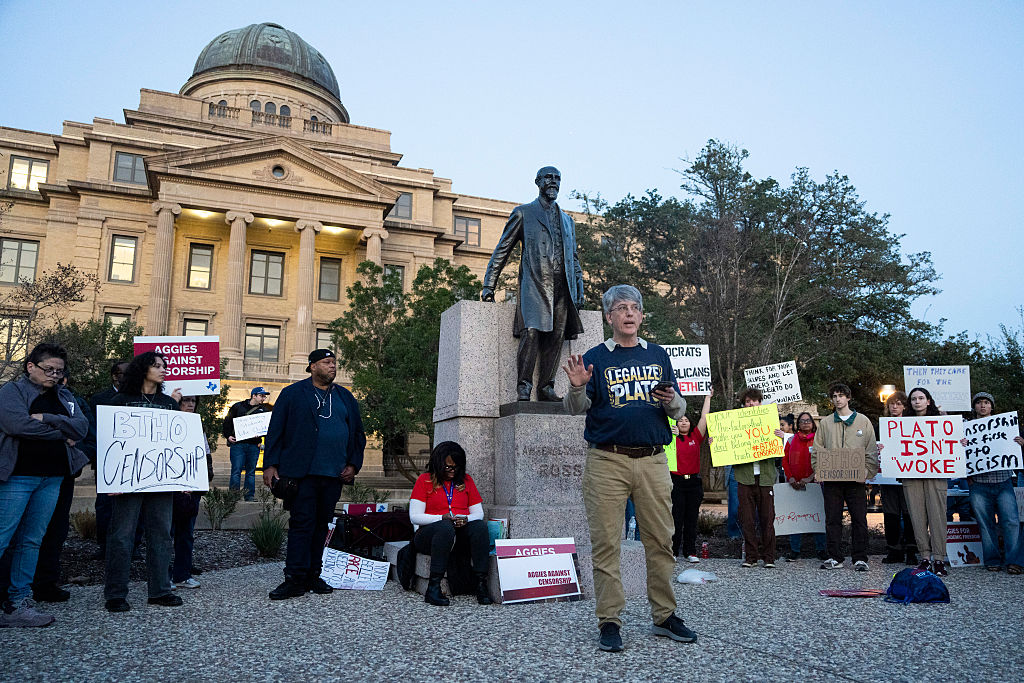A Conversation With ‘Making Room’ Author Carl Siciliano

“If we’re going to protect our children, we have to [address] the fact that religious-based homophobia is child endangerment. I say that as a religious person.”
Carl Siciliano, author of Making Room: Three Decades of Fighting for Beds, Belonging, and a Safe Place for LGBTQ Youth, is an advocate for homeless LGBTQ youth and the founder and executive director of the Ali Forney Center (AFC) in NYC. AFC isn’t just a shelter/drop-in program for LGBTQ+ homeless youth, it’s also an internationally recognized organization, setting the example on how to provide culturally supportive services to LGBTQ+ youth experiencing homelessness.
LGBTQ+ youth are 120% more likely to experience homelessness than their cis/straight peers. Queer youth homelessness is an epidemic, one that is too frequently ignored or not understood – even by other queer people. Carl explains early in his book, “there are hundreds of thousands of unhoused LGBTQ+ teenagers in this country, making up about forty percent of all homeless young people. This crisis is a national and global epidemic. It transcends boundaries of country, race, and class, and I have come to see it as one of the most pervasive expressions of homophobia and transphobia in our lifetime.” When I was kicked out of my home in the early 2000s, I felt completely alone. It was only when I found my way to a drop-in program with other homeless queer kids that I realized how many other teenagers had lives that looked like mine.
In 2007, when I was working on my anthology Kicked Out, which brought together the voices of current and former homeless LGBTQ+ youth from around the country, I got to know Carl and had the privilege of working with him. Together, along with other service providers, activists, and advocates from around the city, we helped raise awareness around the needs of homeless youth: the need for more shelter beds, and to increase the age to access a shelter bed from 21 to 23. (This age increase reflects the trend in youth work to recognize the need to provide culturally sensitive youth-specific services to all homeless youth, but especially vulnerable populations like LGBTQ youth.) It was here that I saw Carl’s commitment to caring for homeless LGBTQ+ youth. For Carl, this was not a job, it was a passion and a calling.
As a young professional deeply inspired by his faith and a desire to serve the LGBTQ+ community, Carl began working at a drop-in program for homeless youth in NYC three decades ago. It was there that he met Ali Forney, a seventeen-year-old Black nonbinary homeless youth who had been on the streets since they were thirteen. There is a unique bond that can develop between homeless youth and staff at programs like this – I know firsthand as both a formerly homeless queer kid as well as a former youth worker. Carl and Ali became very close, and over the years, Carl watched as Ali blossomed, though they remained homeless. In December 1997, Carl received the devastating news that Ali had been found murdered on the street. They were only twenty-two years old. Ali’s death mobilized the community, and in 2002, Carl founded the Ali Forney Center in their honor. Since that time, the Ali Forney Center has helped to transform the lives of thousands of LGBTQ+ youth in NYC from street outreach to housing, and other supportive services. Core to the organization’s mission is “to transform the lives of these young people so that they may reclaim their lives and never live on the streets again. Ali’s murder has never been brought to justice, however, the spirit of Ali continues to live on in our work and in each of the lives we change.”
I recently had the opportunity to catch up with Carl and learn more about the inspiration behind his book and what he hopes readers will take away from it.
GO Magazine: What was your inspiration for writing Making Room?
Carl Siciliano: When I was 15, 16, 17 years old, [I was] living in this upper middle class sheltered world, and wanting to figure out a different way of living and being alive than what was presented to me. Stories were so important in helping me imagine a different kind of life for myself, so I wanted to be one of those storytellers. I feel like a powerful story has the ability to transform consciousness. 35 years later, reflecting on Ali’s life and death, and how that impacted my experience of homeless queer youth in New York, I felt like this was a compelling story I wanted to tell.
GO: How has the climate around LGBTQ youth homelessness changed in the years you have been doing this work?
CS: When I started doing this work, I could count the number of organizations [dedicated to homeless LGBTQ youth] in the entire country, and I’d have fingers left over on one hand. There were like 2 or 3 groups doing work with homeless queer youth that were housing focused. Now, the Ali Forney center is working with about 30 groups around the country who are providing housing, and 20 more around the world. It moves me deeply to see so many people around the country and around the world rolling up their sleeves and getting to work […] I want people to think about homophobia and transphobia through the lens of child welfare. I really think that homophobia and transphobia promote and provoke child abuse.
GO: What misconceptions do you think are still prevalent around queer youth homelessness?
CS: I’m not sure there are enough conceptions! I still don’t think there’s adequate recognition of the fact that hundreds of thousands of kids are being thrown to the streets and it’s one of the prime dominating examples of homophobia and transphobia in our time. I still don’t think that our national LGBTQ organizations are focused enough on it, and I still don’t think there is enough consciousness. Maybe the biggest misconception is not recognizing its massive prevalence and the extent that it’s a crisis impacting hundreds of thousands of kids in this country.
GO: How has this work changed you?
CS: There’s this narrative that goes out there that you’re supposed to feel so rewarded by doing this work and there is some truth to that. I’ve met so many wonderful people, both young people and coworkers, who have greatly enriched my life. I feel like meeting Ali was one of the pivotal, amazing things that has ever happened in my life. I have a lot of gratitude for meeting so many great people […] and seeing just an outpouring of goodness and it has been wonderful. But I don’t think you can expose yourself to trauma and brutality for decades of your life and walk away unscathed.
I feel heartbroken in a lot of ways. I have a little cabin that I go to. I try to go there once a week [to] pray and meditate. I often find myself crying. Things young people have told me about their suicide attempts, the violence and cruel things their pants have done to them. Some of that I don’t seem to be able to heal from. I feel permanently scarred by it. I’m not complaining. Setting out on this journey as a young man, I was trying to figure out how to live a more loving life and I think that love brings suffering, and love brings a kind of ravaging. I’m okay to be ravaged and I’m okay to be brokenhearted and I wouldn’t have it any other way. I don’t think a week has gone by that I haven’t cried about Ali’s death. It was awful that this sweet kid, with such a good heart, had to die alone on the winter sidewalk. I’ll never have an answer for it. It’s the pain that is going to be with me as long as my heart keeps beating.
GO: What do you hope readers will take away from the book?
CS: One hope is for a deeper conversation in our society about how we protect young people. Even taking the queerness out of it, there are so many young people on the streets of our country and it’s a rather life-destroying experience for an awful lot of them. I’ve seen some improvements in the last 10 years, but they are so small compared to the need. So, I want there to be more of a sense that it’s grossly inhumane for a society to leave its young people to fend for themselves on the streets. Another thing I really want to come out of this book is a deeper understanding of how the religious community can endanger children. Seeing thousands of young people who have been put out to the streets and who have suffered abominably because of their parent’s religious beliefs is so disturbing. We have to name it. We have to recognize it. We have to speak it. If we’re going to protect our children, we have to start addressing the fact that religious-based homophobia is child endangerment. I say that as a religious person. I think that’s the power of the book. I’m not trashing religion; I’m trembling before God while doing it.
Making Room: Three Decades of Fighting for Beds, Belonging, and a Safe Place for LGBTQ Youth is a brave, honest, and deeply spiritual reckoning with the trauma and joys of caring for the youth that families and communities have cast away. What has always amazed, inspired, and encouraged me, is Carl’s commitment to homeless LGBTQ youth, his unflinching willingness to wear his heart on his sleeve, to put faith into practice, and to show up to do this work with tears and strength. I also appreciate the way that he doesn’t defend the atrocities that organized religion has perpetrated, while also holding tight to his own faith and the reconging that has taken place as a gay man for him to hold onto that faith. Towards the end of his book Carl writes, “we may be wounded, sometimes irrevocably, and sometimes even fatally. But when we can noteless stand together in loving solidarity, holding each other up, we rise above the ashes of our brokenness.” I can think of nothing more powerful than to keep fighting for the next generations of homeless queer youth from that place of solidarity. Making Room is now available wherever books are sold.












